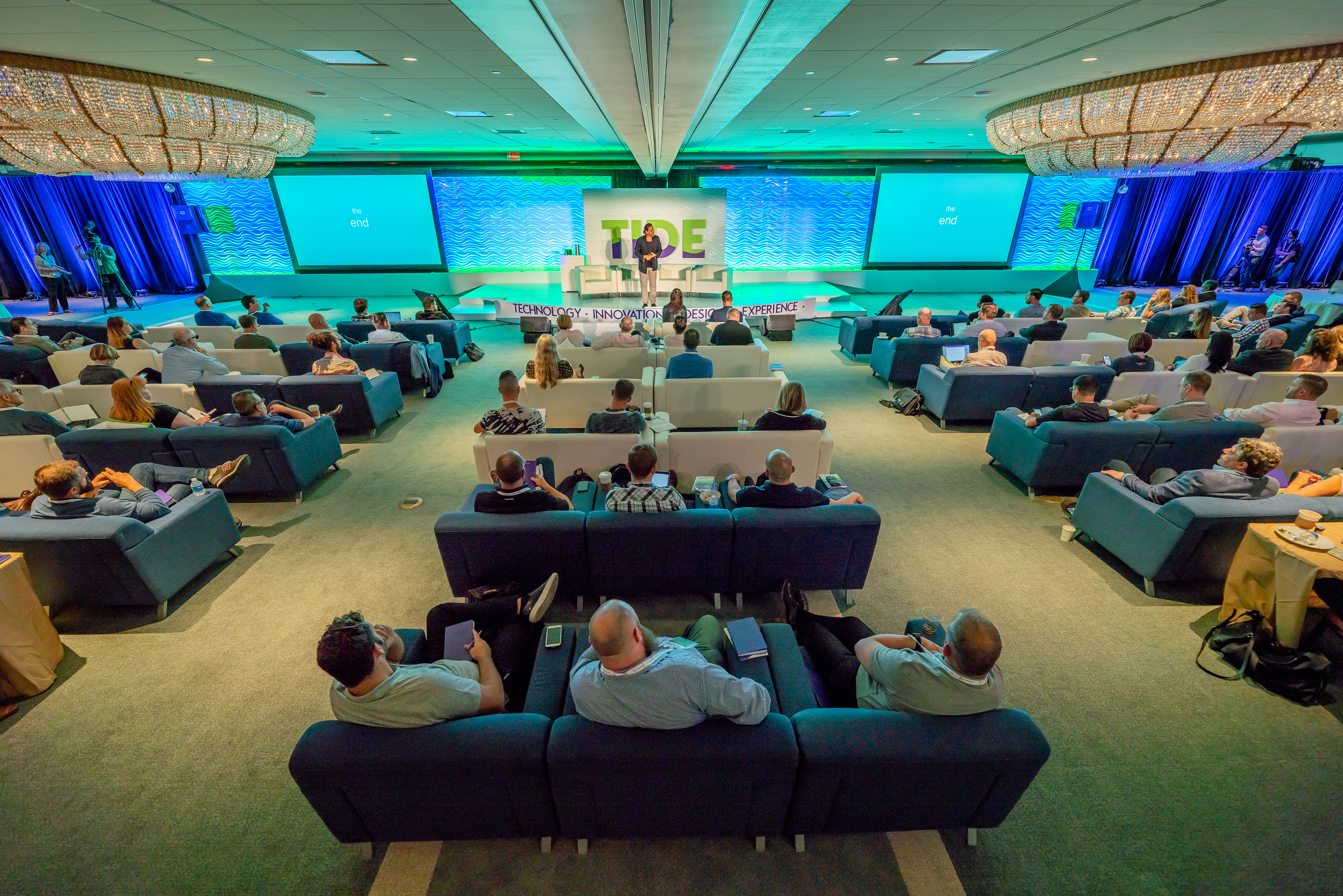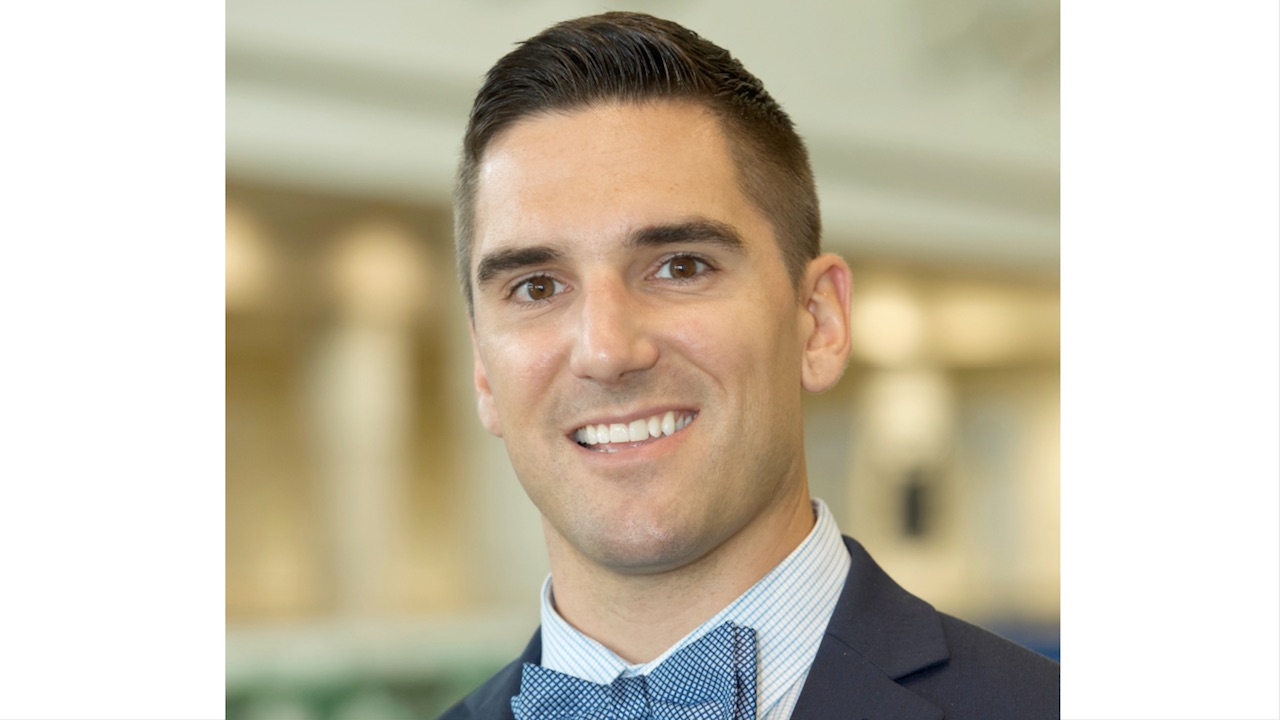Most people come to InfoComm to pursue understanding. However, in the keynote address for the TIDE (Technology. Innovation. Design. Experience) conference on Tuesday morning, neuroscientist Dr. Beau Lotto encouraged attendees to seek uncertainty.
“We hate uncertainty…and yet, uncertainty is the only place you can go if you’re going to see differently,” Lotto said in his presentation about shifting one’s perceptions to be more creative. As he explained, creativity entails “changing what’s possible by changing your biases and assumptions—by finding good questions.”
Through a series of mind exercises, he illustrated the importance of questioning what you hold to be true, even that which is “the defining factor of what it is to be you.”
Throughout the day, TIDE attendees took in inspiring lessons from eminent individuals who are helping to promote new perspectives and challenge people to question biases. Amor Bakshi, founder and creative director of Shared_Studios, discussed how his videoconferencing hubs are fostering spontaneous connections between people around the world and breaking down cultural barriers. And self-proclaimed “rebel technologist” Rana June, CEO of Lightwave, professed the importance of reshaping design with empathy and emotion at the core.
“Emotion is humanity’s universal language, the same way that mathematics is universal,” June said. “What would you make if you knew how people felt?” June, whose company uses FitBit-like wearable devices to measure audiences’ energetic reactions to experiences ranging from dance parties to feature films, believes that quantifying our feelings holds vast potential for improving all facets of human experience with technology.
Other TIDE presenters hailed from companies like Facebook, Uber, Leviathan and Samsung. Their message: keep humans at the center of all you design.

